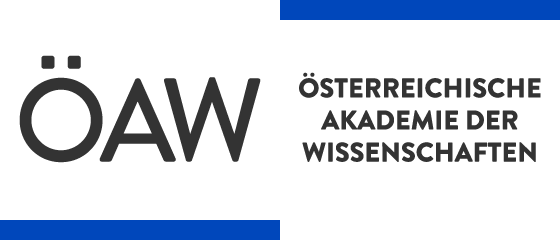Scribes as Agents of Language Change / / ed. by Esther-Miriam Wagner, Ben Outhwaite, Bettina Beinhoff.
The majority of our evidence for language change in pre-modern times comes from the written output of scribes. The present volume deals with a variety of aspects of language change and focuses on the role of scribes. The individual articles, which treat different theoretical and empirical issues, re...
Saved in:
| Superior document: | Title is part of eBook package: De Gruyter DGBA Backlist Complete English Language 2000-2014 PART1 |
|---|---|
| MitwirkendeR: | |
| HerausgeberIn: | |
| Place / Publishing House: | Berlin ;, Boston : : De Gruyter Mouton, , [2013] ©2013 |
| Year of Publication: | 2013 |
| Language: | English |
| Series: | Studies in Language Change [SLC] ,
10 |
| Online Access: | |
| Physical Description: | 1 online resource (328 p.) :; Num. figs. and tabs. |
| Tags: |
Add Tag
No Tags, Be the first to tag this record!
|
Table of Contents:
- Frontmatter
- Acknowledgements
- Contents
- Part I: Introduction
- 1 Scribes and Language Change
- Part II: From spoken vernacular to written form
- 2 Biblical Register and a Counsel of Despair: two Late Cornish versions of Genesis 1
- 3 Medieval Glossators as Agents of Language Change
- 4 How scribes wrote Ibero-Romance before written Romance was invented
- 5 Hittite scribal habits: Sumerograms and phonetic complements in Hittite cuneiform
- Part III: Standardisation versus regionalisation and de-standardisation
- 6 Words of kings and counsellors: register variation and language change in early English courtly correspondence
- 7 Quantifying gender change in Medieval English
- 8 Identity and intelligibility in Late Middle English scribal transmission: local dialect as an active choice in fifteenth-century texts
- 9 Lines of communication: Medieval Hebrew letters of the eleventh century
- 10 The historical development of early Arabic documentary formulae
- 11 Individualism in “Osco-Greek” orthography
- 12 How a Jewish scribe in early modern Poland attempted to alter a Hebrew linguistic register
- Part IV: Idiosyncracy, scribal standards and registers
- 13 Writing, reading, language change – a sociohistorical perspective on scribes, readers, and networks in medieval Britain
- 14 Challenges of multiglossia: scribes and the emergence of substandard Judaeo- Arabic registers
- 15 Variation in a Norwegian sixteenthcentury scribal community
- 16 Language change induced by written codes: a case of Old Kanembu and Kanuri dialects
- Index
